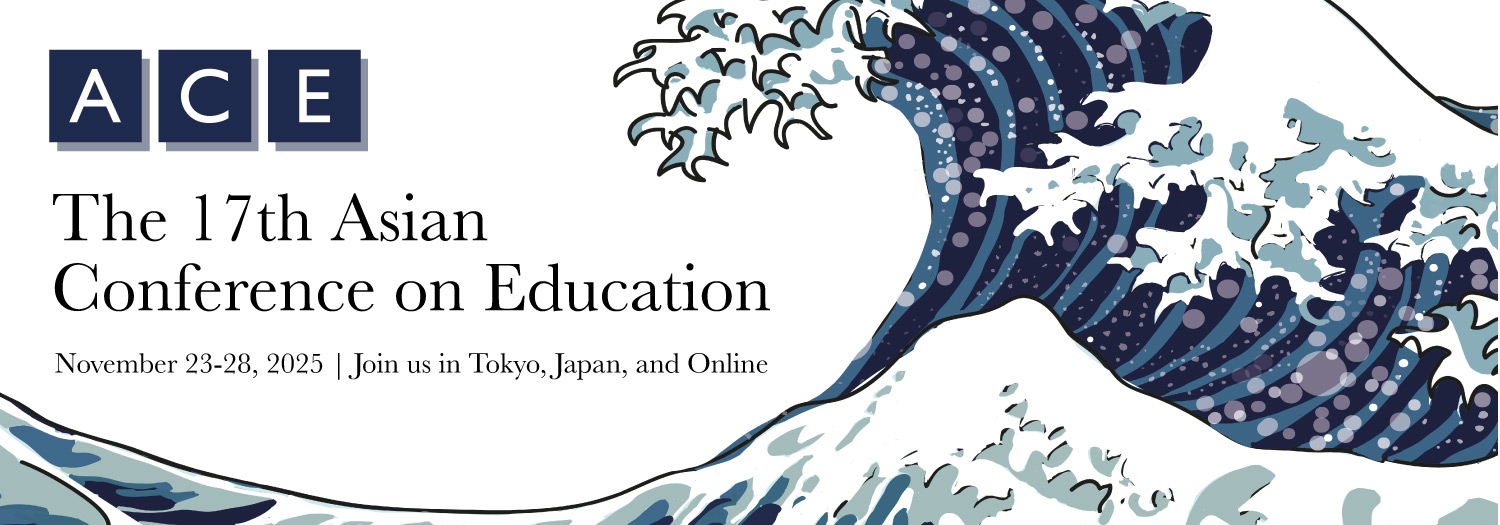Presentation Schedule
Perception of Pre-Service Teachers Towards Practicing Value-Based Techno-Pedagogical Content Knowledge (VTPCK Model) (88461)
Session Chair: Nurmukhammed Yessengali
This presentation will be live-streamed via Zoom (Online Access)
Friday, 29 November 2024 12:20
Session: Session 2
Room: Live-Stream Room 1
Presentation Type: Live-Stream Presentation
– click here to convert to your timezone
Human values are vital to promoting education. Moral and social values like humanity, honesty, compassion, equality, and culture are important in schools. Indian culture is rich with values and traditions that have been followed since immemorial. Indians are known for peace and Vasudhaiv Kutumbakam (all people on earth are family). For years a moral decline has been observed in children which makes them diverted from the purpose of education. In 2015, the government of India adopted Agenda 2030 for sustainable development, and since the impact initiation can be observed. The human personality is incomplete without the essence of moral and social values. The sense of decision-making, code of conduct, and character-building make us unique and superior to computers and AI. The National Education Policy 2020 (India) recommends the central role of teachers in practicing and extending the legacy of Vedas (sacred texts), rich in human values to their students. For this study, an Indian adaptation and extension of the TPACK Model (2006) was redesigned as the Value-based Techno-PedagogicalContentKnowledge Model. The VTPCK equips teachers with technology, pedagogical skills, content knowledge, and values to formulate a productive society. A quasi-experimental study was conducted with blended mode teaching for 6 weeks to randomly chosen 40 pre-service schoolteachers in Delhi, India based on a self-made VTPCK Tool, teaching plans, observation, achievement tests, etc. The appropriate statistical analysis (Mean, SD, t-test, ANOVA) has been done. The effectiveness of VTPCK skills was highly significant and may be practiced as a good method for teacher training.
Authors:
Suprita Sinha, Gautam Buddha University, India
Vinod Shanwal, National Institute of Education, India
About the Presenter(s)
Ms. Suprita Kumari Sinha (Senior Research Fellow) is currently pursuing her doctorate degree in Education from Gautam Buddha University, State University, Uttar Pradesh, India.
Connect on Linkedin
https://www.linkedin.com/in/suprita-sinha-4951b5181
See this presentation on the full schedule – Friday Schedule





Comments
Powered by WP LinkPress